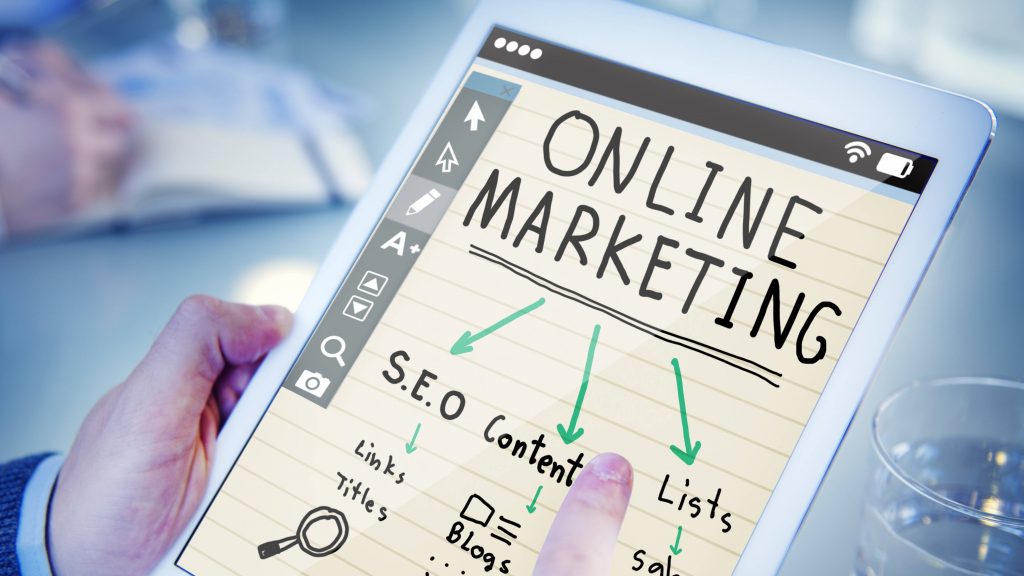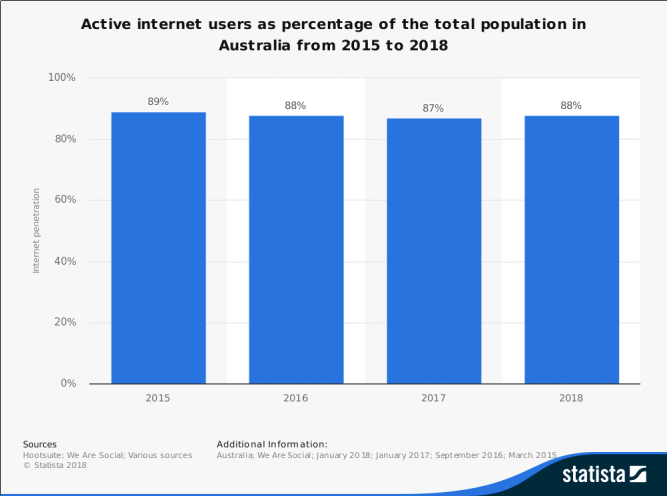
A business can have a Facebook page for free. It costs nothing to create, no monthly or annual costs, it is already search engine optimised, and is quick and simple to set up. Does a business really need a website these days?
If you are concerned with having to manage the ongoing running of a website, have a look at Rubidyn’s WordPress Hosting Packages. First, let’s look at why a website is good for a business.
Not Website vs Facebook Page
There are a number of reasons for a business to have its own website, some reasons below stand on their own while others are comparisons to Facebook.
Preferably, a website is used in addition to having a Facebook page. Rather than being a list for website vs Facebook page, this lists is about why a website is needed, regardless of whether or not you have a Facebook page.
1. Your own identity
A website is uniquely your own identity. www.rubidyn.com.au is Rubidyn’s website, not a social media site shared with millions of other businesses. Just like having a professional email address, potential customers can identify the website with your business by the name and adds credibility to your brand.
2. Not Everyone has Facebook

Facebook is easily the most popular social media website in Australia. With 15 million active Facebook Australian users, this represents 60% of the population, whereas the number of Australians using the internet is about 88%.
It’s important to remember that 15 million Australian active Facebook users do not mean they will be seeing your posts.
Organic reach (the number of people who will see a post without paying for it) is limited to the number of people you follow and the number of people they share it with. The numbers can be far lower because Facebook doesn’t often show your post to all of your followers.
3. People search the web
When a person wants to search for a product or service, they will usually head for a search engine.
A public Facebook page will still be found on Google and other search engines but it is more likely to be for your business name rather than on the information in your Facebook page.
What information is found and how it is organised is up to Facebook, however, a website has most of its content available for search, not just the business name.
4. Your website, your brand
Your website is for your business, so how it looks and feels is up to you. If your brand is predominately green, your website can make use of green to reflect your brand.
Facebook allows changing the header and profile pictures, your store sections, and the content you share. Change as much as you can, your business is still subordinate to the blue Facebook brand.
5. Structured detailed information
The content of a website can be structured to provide visitors with the information they need to know easily. The products and services you provide are displayed the way you want it to be and lead visitors from the home page to what they are looking to find.
Facebook, however, is momentary for much of the content it shows. This works great for current events or alerting followers of information from time to time.
Facebook normally has your content available only if you constantly post it to the newsfeed. Each post gets pushed down the list each time a new one is added. Some information such as contact details and a link to your website is available all of the time but this is limited to only a few details.
6. Website is the business hub
Your website is more than setting your own brand. It establishes where you are found by driving traffic to the website.
You have control of your website so making the products and services you sell available to your potential customers is under your control.
Facebook and other social media platforms allow you to market your products and services but you don’t have the same control. Facebook changed its algorithms in 2014 that caused business pages to decrease the reach they achieved beforehand.
By making a website the hub to represent your business, you have more control and each social media platform becomes a channel to drive customers to you. How you make your message shown can be tailored to how the platform works.
If a channel changes its rules that affect your products being shown to customers, you still own the website and can adapt. The content on your website remains and can be re-marketed.
MySpace was a dominant social media platform before Facebook took over. There doesn’t seem to be anyone who will take over Facebook as the dominant social media platform but there are plenty of alternatives out there and they can be used now.
Website for your business
A Facebook page has its advantages over a website but it doesn’t have the same reach, branding, independence and identity that can be achieved with a website.
Using multiple channels for your digital strategy will produce better results, reaching more people, and ultimately create sales. A website ties the channels together and puts the control in your hands.
Have a look at Rubidyn’s WordPress Hosting Packages with a low upfront fee to get a website up and running and affordable ongoing costs.
